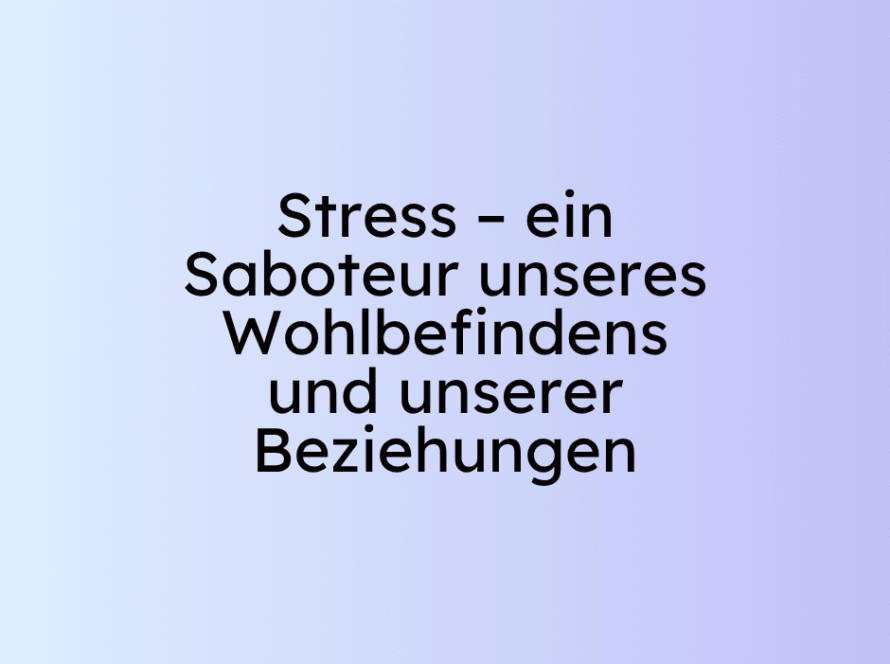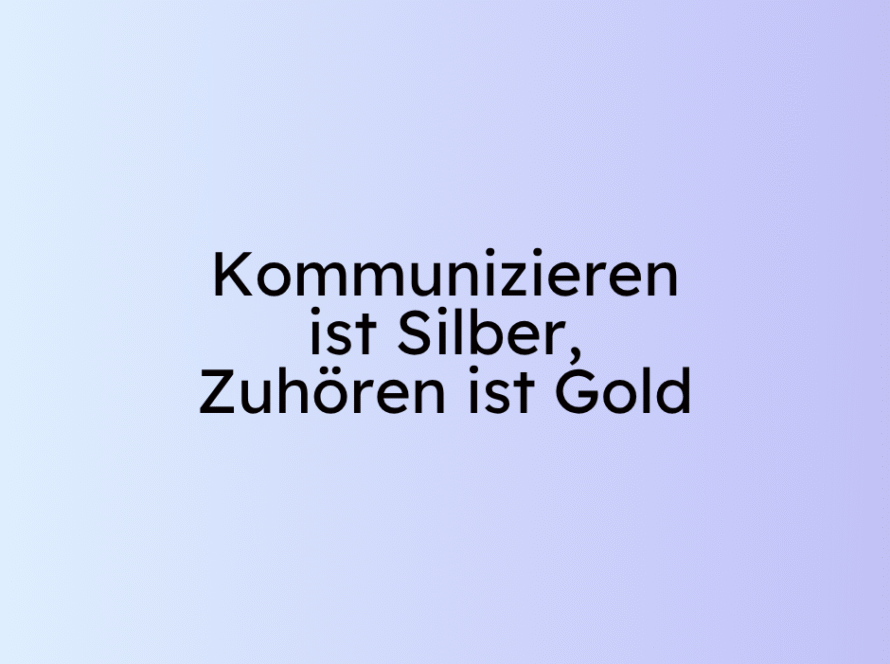Between Care and Exhaustion: What About You?
You organize, plan, give, and take care of many things – your household, your work, and your family. But when do you take care of yourself? “I can wait”, “I’ll get my turn”, “I can handle it.”
Sure, you can do it – but does it also make you happy?
Self-care and self-love are not romantic concepts. They are the foundation for our mental health and the success of healthy relationships. They protect you from burning out and maintain your connection to yourself and others. Because when you are exhausted, you communicate from a place of inner deficiency. Our expectations change –
as do our behavior and our perception.
Esther Perel sums it up: “The relationship with yourself is the most important relationship you have – because it
determines how you relate to others.” In times of high stress, self-care is often lost. Yet, that’s precisely when we need it most. Guy Bodenmann (2016) notes: Whoever is exhausted demands more from others, is less understanding, and more easily loses emotional connection. So: Do it for yourself – and for your relationships.
How Does Self-Love Manifest in Everyday Life?
- In the way you talk to yourself:
Would you be so critical of your friends? Talk to yourself kindly, not demandingly. - In small rituals that do you good:Drinking a cup of tea in peace, a break by the window, listening to music, taking a bath, or a stress-free dinner – small moments with great impact.
- In clear boundaries:A ‘no’ to others or other things is often a ‘yes’ to yourself or what is important to you. “No” is – just like “Yes” – a complete sentence, as Adam Grant also states.
- In your calendar:Consciously schedule time for yourself – not just for duties and appointments.
Your relationships also benefit from it. Those who value themselves can give authentically without burning out. Tenderness begins with you. When you treat yourself with love, you strengthen your ability to treat others lovingly as well – without secret expectations or underlying accusations.
Book Recommendations & Sources:
Grant, A. (2021). Think again: The power of knowing what you don’t know. Viking.
Grant, A. (April 29, 2025). How to say no [Audio Podcast Episode]. In ReThinking. Apple Podcasts.
Bodenmann, G. (2016). Before Stress Divides Us: Resilience in Relationships (2nd, unchanged ed.). Hogrefe.



